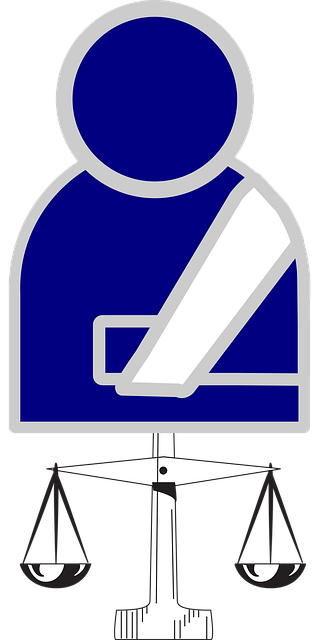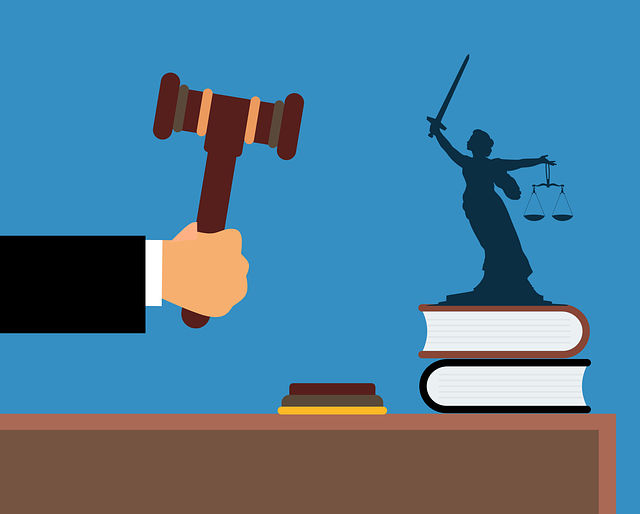Accident settlement values are determined by injury severity and medical bills, with extensive treatments and disabilities warranting higher compensation. Liability establishment through negligence proof, using evidence like speed in truck accidents or expert testimonies for elder abuse, is crucial. Prior settlements and case history significantly impact valuation, with successful outcomes enhancing claim value for fair negotiation.
When determining an accident settlement value, several key factors come into play. In this article, we explore crucial elements that can significantly impact your compensation. Firstly, we delve into the severity of injuries and associated medical bills—a central component in settlement negotiations. Additionally, liability and proven negligence are pivotal; establishing fault can enhance your claim’s strength. We also examine past settlements and case history, as these provide valuable insights for both parties involved. Understanding these factors is essential to navigate accident settlement negotiations effectively.
- Severity of Injuries and Medical Bills
- Liability and Negligence Proven
- Prior Settlements and Case History
Severity of Injuries and Medical Bills

The severity of your injuries and the corresponding medical bills play a significant role in determining your potential accident settlement value. The more severe the injuries, typically resulting in prolonged recovery, permanent disabilities, or high medical expenses, the higher the compensation you may be entitled to. This is because such cases often involve extensive treatment, ongoing rehabilitation, and reduced quality of life—all factors that impact the overall cost of care.
In personal injury claims, including those involving defective products or injuries sustained in accidents, medical bills are a critical component of the settlement negotiations. Extensive documentation of your medical history, treatments, and projected future care needs is essential to support your claim for an accident settlement. This includes not only hospital stays and surgeries but also physical therapy, medication, and any long-term care required due to the incident.
Liability and Negligence Proven

The outcome of an accident settlement is significantly influenced by the establishment of liability and proving negligence. In personal injury cases, it’s crucial to demonstrate that the defendant’s actions or inactions were the direct cause of the incident. This involves presenting compelling evidence to establish fault, which can be a complex process. For instance, in a truck accident, showing that a driver was speeding or failed to maintain proper control could clearly indicate negligence.
An elder law expert might emphasize the importance of documenting any physical injuries and emotional distress caused by the accident, as these factors contribute to the overall settlement value. Furthermore, if an elder abuse scenario is suspected, it becomes even more critical to prove liability to secure a just compensation for the victim. Negligence claims can be robustly argued with proper documentation, expert testimonies, and a clear understanding of state laws regarding accidents and their settlements.
Prior Settlements and Case History

Prior settlements and a case history play a significant role in determining the value of your accident settlement. If you’ve been involved in similar legal proceedings before, these previous outcomes can impact your current case. For instance, an Orlando accident lawyer might consider the outcome of previous personal injury cases to gauge potential compensation. A strong track record of successful settlements or verdicts in employment disputes or other accidents can enhance the value of your claim.
The details of past cases, including the settlement amounts and how they were reached, provide valuable insights into what a judge or jury might consider reasonable in similar circumstances. Understanding this aspect is crucial when negotiating accident compensation to ensure you receive fair and just reimbursement for your injuries and losses.
When determining an accident settlement value, several key factors come into play. The severity of injuries and associated medical bills significantly impact the case’s financial outcome. Additionally, proving liability and demonstrating negligence is crucial for a stronger claim. A thorough review of prior settlements and case history also provides valuable insights into potential compensation. By considering these elements, individuals can better navigate their legal options and aim for a fair accident settlement.






